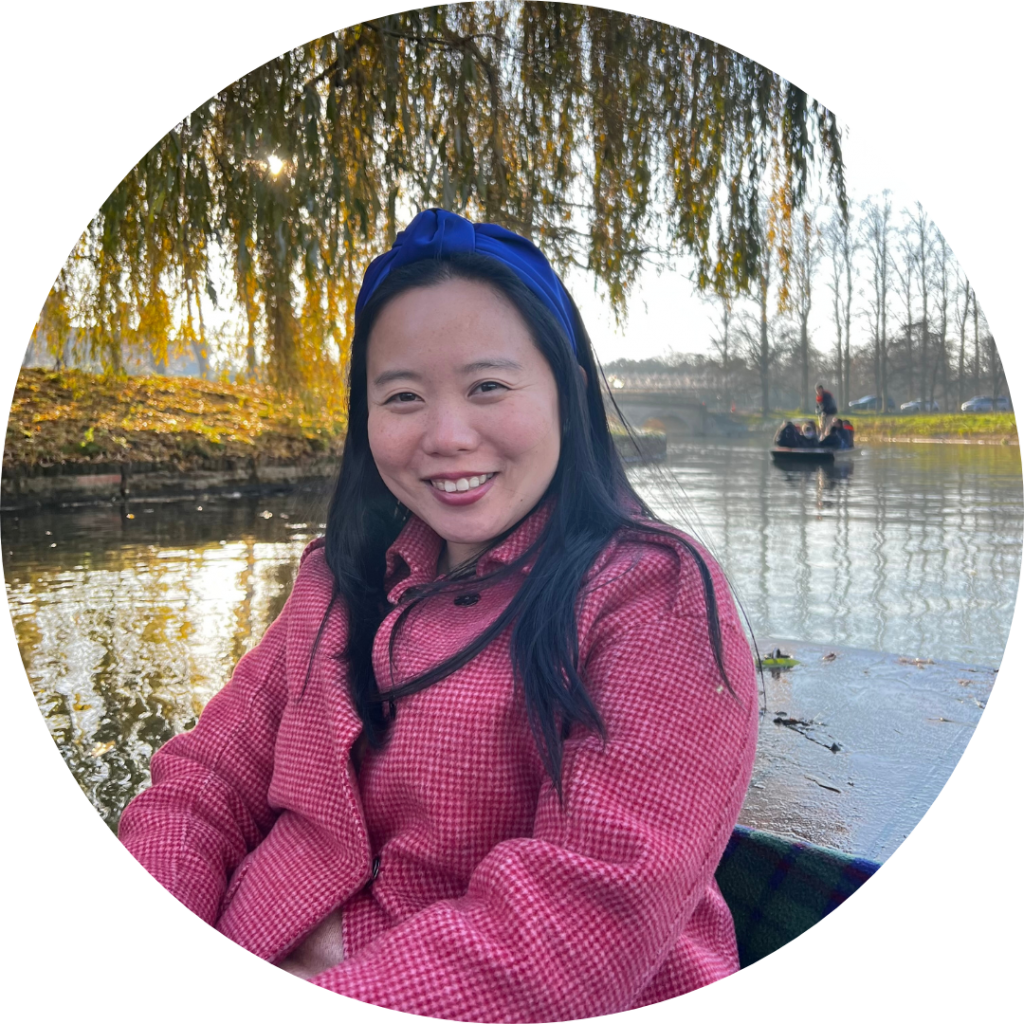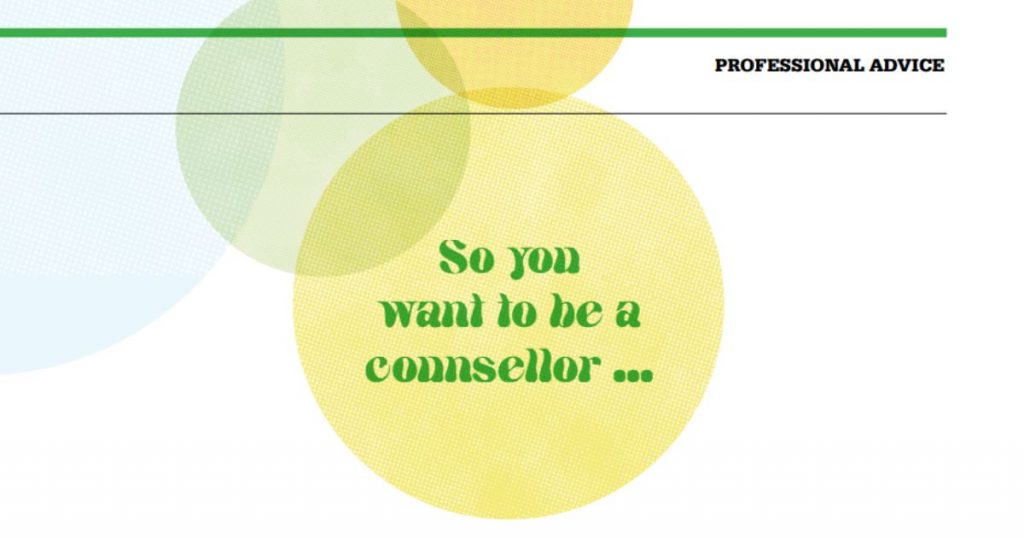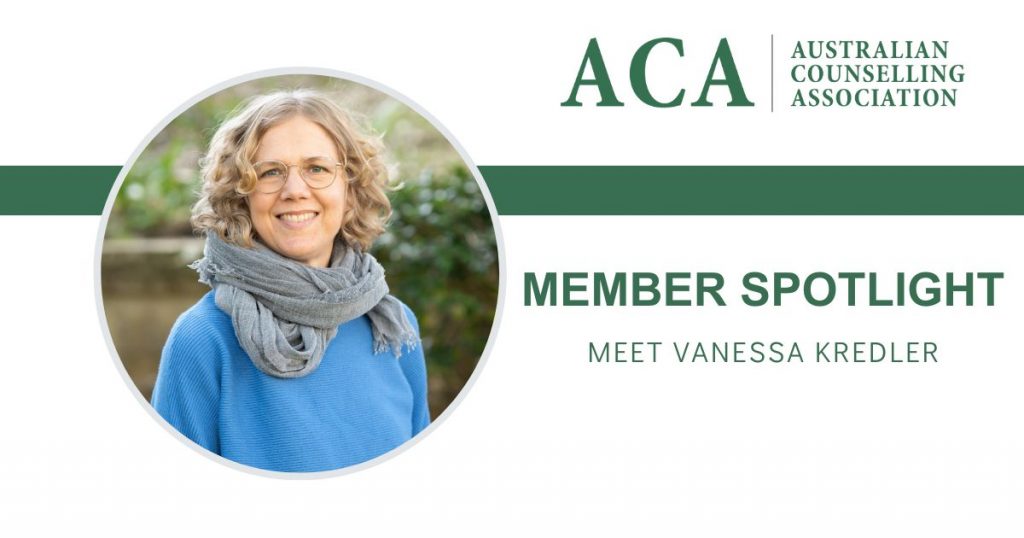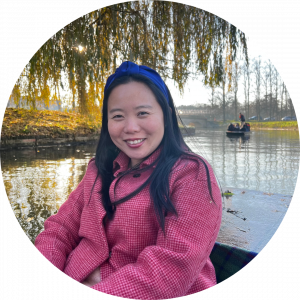Each month we spotlight an ACA Member in the ACA Monthly Bulletin, our monthly newsletter. The Member Spotlight is designed to showcase the work of our members to you! We hope their stories inspire or spark interest. Let’s share our experiences within our counselling community.
Zoe Slater | Counsellor, speaker, CEO Freedom Choice Academy, author and creator of the Zoeism- inner wisdom guidance cards, personal development workshops.

What motivated you to pursue a career in counselling?
A compelling curiosity as to WHY people knew what the right thing was to do or say, but often did the opposite. Regularly betraying themself or another person, ultimately keeping themself trapped in long term pain and suffering. Most often pushing away what’s good for them and move towards that which is bad for them, continuing emotional stress and life dissatisfaction.
My pull to study psychology was strong but the thought of sitting, all day, every day at university for several years repelled me redirecting my focus to other priorities. Until one day… in my early thirties an experience highlighted it was time to lean into my calling. This is how the experience unfolded. I was in a great position managing a recruitment agency in Sydney, but deep down at the soul level, I was unfulfilled. An emptiness, searching and longing for what will give me meaning. I realised counselling was a sense of coming home within myself, a place of interest where ‘I belong’.
I was gazing out the window contemplating my life when a candidate arrived in my office with a track history of jumping from job to job, blaming the boss and work environment. Businesses were looking for the right fit person. People were looking for the right fit job. However, the patterns of their inner psyche, blame, dissatisfaction, stress, and tension were so obvious. People would say ‘all I need is a new job’, to be happy or if the current employer would change, everything would be okay. The outside world needed to change ‘not them’! My heart knew this person needed help. In that moment, I chose to help people to see their patterns, to heal their wounded emotional imprints, to gain freedom and choice over their life. To have the job / work environment that adds to their happiness and more, because… they understand who they are, to then understand what they need. I wasted no time quickly finding the right educational platform that was the right fit for me and within weeks I was a mature age student on my journey to becoming the best Counsellor I could be.
What is the most rewarding aspect of being a counsellor for you?
I specifically work with Business Owners and Executives plus their teams with EAP. Like myself my clients don’t have time to waste, have businesses to run or busy lives and require sustaining fast results.
I’m comfortable with intense emotions, trauma, somatic issues, past lives, pre-birth issues and more. I grew in a family business so I’m familiar with family business dynamics and succession counselling which is why is why emotions and business are a natural fit for me.
My integrated model works deeply with the unconscious mind which includes a holistic framework approach to their mental health and wellness. My clients value that broader scope to transform their whole life. Particularly as relationships and friendships break down, everyone needs to have someone or a counsellor who has there back, a go to person for support and honesty. This holistic framework approach deepens my relationship with my clients allowing more of a lifetime relationship.
My weeks are huge, so I’ll share the most important part of my day with you. My typical day starts with gratitude, followed by a walk, swim and meditation, family connection then my business day. My Journal Diary keeps my holistic work/life overview in mind ensuring that I remain balanced. Filling my cup first allows me to be a far better person and counsellor. The commitment it takes to have harmonious sustainable success in my life helps me not burn out. If I burn-out I’m sabotaging all that which I love to do. Success without Self Care is Sabotage which happen to be the title of my 2023 Australian Tour. I am what I teach! Which leads into your next question.
Can you share a recent achievement in your counselling work that you’re proud of?
Yes! I did my first Australian Tour a few months ago, and I loved it. Speaking at five major cities, Brisbane, Sydney, Adelaide, Perth, and Melbourne for MFAA (Mortgage Finance Association of Australia), talk title ‘Success without Self-Care is Sabotage’! The impact in the finance world was better than I expected, embracing the conversation for themselves, family, and clients. My Success model and framework gave them measured outcome that’s irrefutable, revealing the areas of their life that’ve been neglected. I’ve come away from the Australian Tour with the confidence to speak globally and in front of 10,000 people or more. Was I scared, yes! But I was way more thrilled and privileged to have the opportunity to positively impact so many lives.
I’m now in more conversations for another Australian tour that will include my Mental Health Journal Diary System. Plus my business Freedom Choice Academy was a finalist for the ROAR Awards 2023.
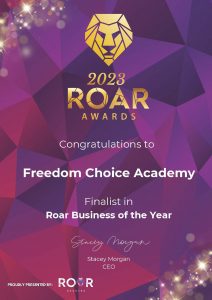
What is the most rewarding aspect of being a counsellor for you?
There are so many… I love seeing clients’ eyes light up when they let go of emotions. When they get relief and clarity about old sabotaging behaviours. Gaining new awareness about an old emotion that was holding them back. Plus, the energy they get as the relief floods their body, the tension melts away and peace radiates outwards from their whole beingness, resting in a place of inner silence and no thoughts. Something many say they have never felt or can’t remember when they had zero mind chatter. Clients say they have a sense of freedom, free to choose, choices that’s right for them and excited to leave the session to live the life they really want to live… YES! The relief often washes away years of stress wrinkles they look like they’ve had a face lift, honestly, that’s my HIGH! Happy tears. Then sharing at their next session how their life has improved from the ground-breaking work we’ve done. Grateful and blown away with the speed in which change has happened for them. Yes… this is rewarding work for me!
How do you contribute to the betterment of the profession and your community?
I enjoy chatting with my peers at the ACA chapter meetings, annual events and so on, it’s a place to share what’s working what’s not, how we can help one another.
When I was on my Australian Tour many people talked to me about their counsellors, both good and bad stories in five different states. I helped them consider questions to enhance their counselling experience. To not blame the counsellor but instead be determined to find the right fit counsellor. By the third session I believe a client should know if the counsellor is the right fit. More importantly to not give up themselves, the right counsellor is out there waiting for them to show up.
I love that counsellors don’t diagnose/ label clients. We create a space for clients to unshackle themselves if they wish, to determine their own life. I acknowledge my client’s diagnosis label but I don’t let it define the healing that’s possible for my client, which makes us counsellors more valuable. My clients have unshackled themselves from many labels and diagnosis because of the deep inner work we’ve done. Taking control over their life and self-determination is powerful.
I speak at many business groups reminding business people that Counsellors are not afraid of the clients tears and are willing to BE with clients and do the emotional heavy lifting. The work we counsellors do, can often collaboratively help clients get off medications. What I do lets people know that a good counsellor is worth paying for. Subsequently I believe what I do contributes to the betterment of our profession and how we are perceived.
My business is growing and I’m now looking for a like-minded counsellor and admin person to join my team.
What advice would you give to someone considering a career in counselling?
Go for it. Follow your dream… listen to the calling. We are all here to help someone through their pain and to gain from their pain. Freedom and Choice over their life.
To walk your talk. Always be your own best client, which means you’re not avoiding your own issues and you’re doing self-care. This way you won’t burn out and you’ll have loads of fun doing rewarding work… enhancing people’s lives.
Don’t be fooled… what you avoid within yourself will become a fear-based limitation of yourself and likely to hinder the great work you can be doing with your clients.
The topics, subjects and approaches I loved the most are where I excel now. If there are topics you avoid, ask yourself why. If you are triggered, then do the work to heal. Those triggers mastered will serve you well. Clients often have repressed memory and don’t know that their discovery can trigger your wound so be prepared and be empowered.
The right niche area will energise you. Your clients’ challenge will excite you to find the right solution to ease their pain and deliver them to their own salvation. Make the most of your field placement. My field placement wasn’t what I wanted but it was all I could get, so I went with a grateful heart. My supervisor was amazing! Plus, the real time experience helped define my preferred clients.
Final words of advice
Lau Tzu says the integral being, sees without looking, knows without going and accomplishes without doing. This statement is so powerful but at a simple level it reminds me to breath as a counsellor and let the clients do the work.
Keep learning and applying! Embrace your clients’ emotions and always stretch yourself to the edge of your knowledge and experience.
Talking the talk is easy … Walking the talk is where the ‘Grit meets the Road’. One process I still do to help myself when triggered is…
- Have a small size note pad beside me when I’m counselling.
- Whenever triggered, I would discretely write a quick note to myself about the issue so I could deal with the issue later and return to being present with the client in the room.
- I thrive from the healthy pressure it puts me under. When I next saw that client or came across that issue, I could measure my progress. I regularly say to my children or friends, I’ve had the best day ever, helping people to change their life or save their life. Freedom and Choice over their life.
Love what you do and never work a day in your life.
Zoe xx
